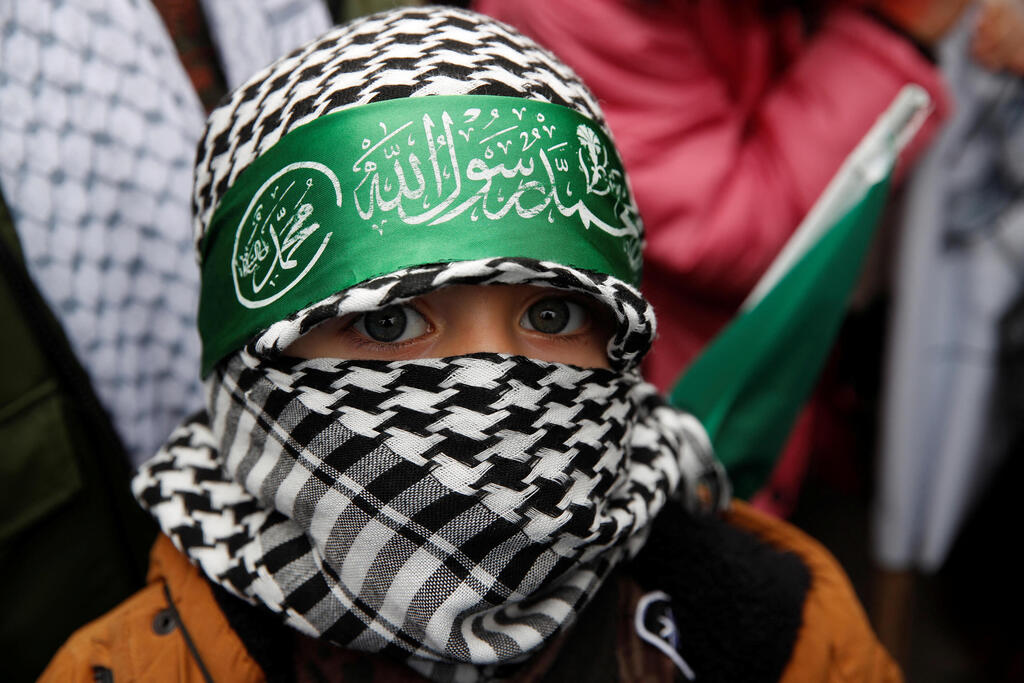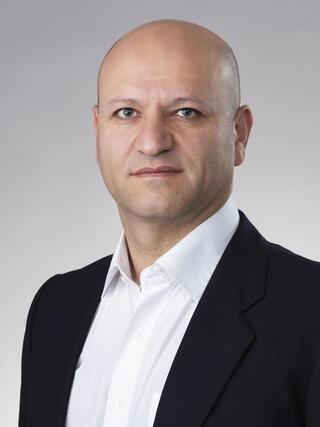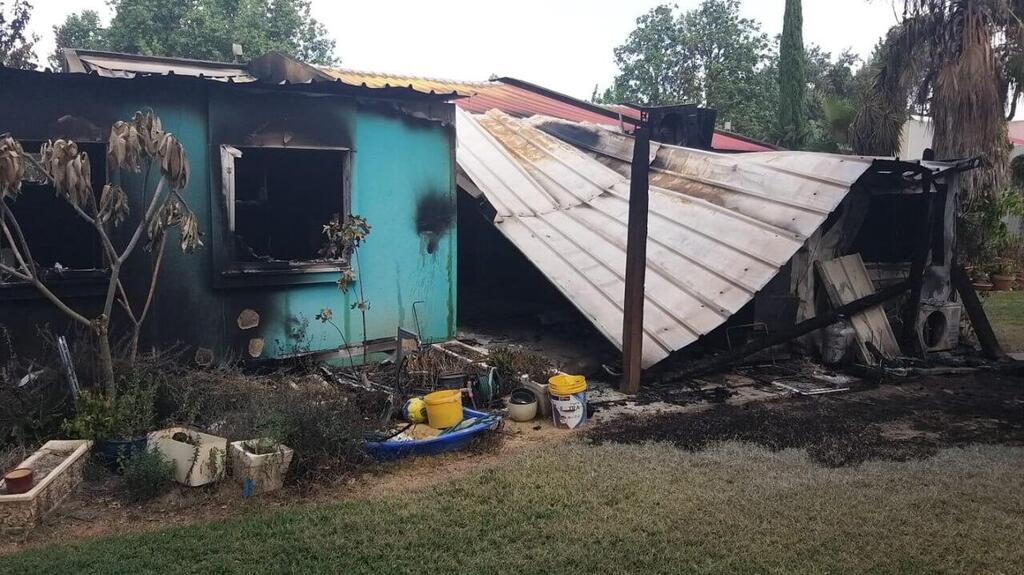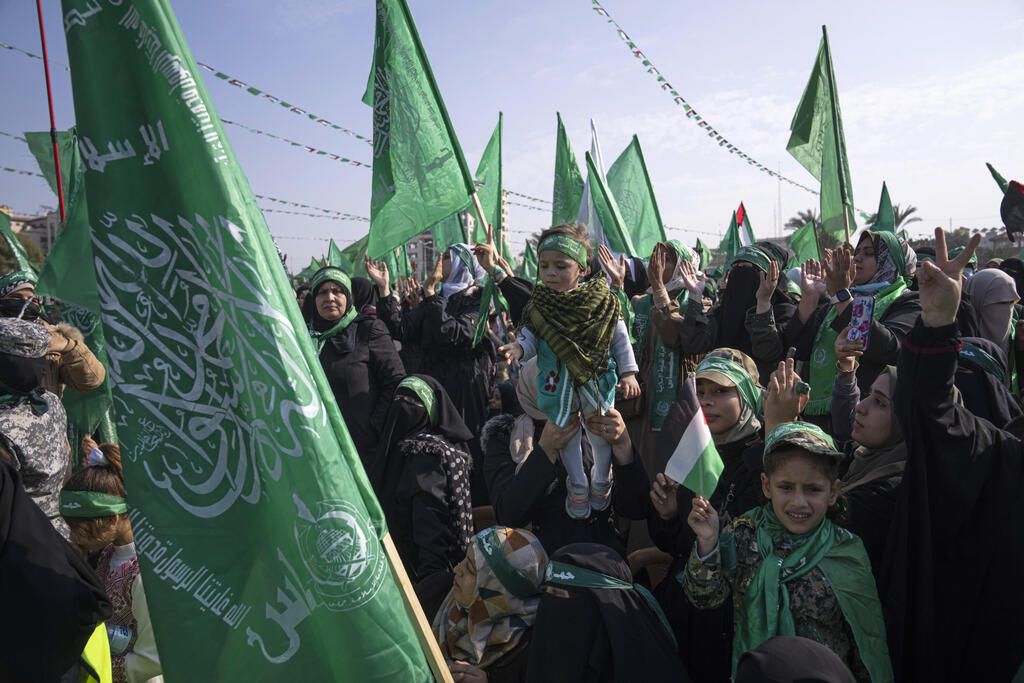Any attempt to trace the current political violence and ideological radicalism in the Global South can be traced back to Frantz Fanon. Born in Martinique and a practicing psychiatrist in France, Fanon was in Algeria when the revolt against France broke out in the 1950s, and became a publicist for and supporter of the FLN (Front de Liberation Nationale).
Read more:
He wrote that peoples of color in the Third World – The Wretched of the Earth (title of his most famous book) - are entitled to use every sort of violence against their colonial masters. Fanon described it as an act of purification and mental liberation from the state of subjugation.
3 View gallery


A child dressed as a Hamas operative during a pro-Palestinian rally in Istanbul, Turkey
(Photo: Reuters/Dilara Senkaya)
This concept took hold, indeed, in the halls of academe, in political circles and parts of the media in the West, and reflected a dichotomy between "first" or native peoples, who are by definition always on the right side of justice, and the oppressive West, even when it is the victim of violence. This intellectual foundation condoned, in practice, patterns of authoritarianism and violence in the Third World in general and the realm of Islam in particular – including terrorism.
These basic assumptions merged with the imperatives of the politically correct and of identity politics and became the right and proper position in broad segments of Western intellectual discourse. Arguing in favor of mitigating tactics to fight against them often was done in a manner that muzzled or shamed anyone who wanted to raise queries about such terror crimes – insofar as they would be immediately labeled an "oppressor" who tried to walk away from their original sins and from the constant need to be apologetic.
There is a blood-red thread connecting the massacre of October 7 and the intellectual space that has gained ground in the West for much of the last half-century. The affirmation offered to the Palestinians in general and on behalf of the war crimes committed by Hamas in particular around the globe, including academic and cultural centers in the West, represents a particularly extreme and twisted manifestation of the template described above: the justified native carries out horrifying atrocities yet is considered a freedom fighter aligned with the progressive and enlightened part of the world.
The Palestinians who carried out the massacre on October 7, alongside many of the demonstrators marching in support of Hamas in Arab countries and the West, find it difficult to see the murdered Israelis as fellow human beings.
The Hamas men displayed total dehumanization toward the Israeli collective, including young children, women and the elderly. These are all, in Hamas' book, part of a repressive machinery that has no right to exist and needs to be exterminated. For them, there is no need for moral qualms, even when actions included mass rape, the burning of babies and the beheading of innocent civilians. All is justified in the name of liberation, and as many of the visual pieces of evidence prove, the perpetrators took pride in their acts and defined them as heroic.
Beyond the tropes of anti-colonial struggle, which have generated a supportive attitude for their actions, there are three other aspects to the dehumanization demonstrated on October 7.
The first is the creed of many of the founding fathers of fundamentalist Islamism, suffused with burning hatred toward Jews and Israelis, and colored by stark antisemitism. A prominent case is that of Yusuf al-Qardawi, the Egyptian cleric who lived in Qatar (where he died in 2022) – one of the leading lights of the Muslim Brotherhood. Al-Qardawi published a fatwa allowing the murder of any and all Israelis, claiming that Israel is a mobilized society in which all citizens either have been or will be soldiers fighting Islam.
It should be stressed that to this day, not a single prominent cleric in the Muslim world has come out in condemnation of the October 7 massacre, and the same is largely true – with a few notable exceptions – in the fields of politics, culture, art and the media in Arab and Muslim countries.
The equanimity shown by many of the Nukhba troops – the elite units of the Hamas military wing - captured on October 7, as they described in their interrogations the war crimes they have just committed against civilians in Gaza border towns and villages, is eerily reminiscent of what Christopher Browning related in his book, Ordinary Men: Reserve Police Battalion 101 and the Final Solution in Poland, as to the actions of regular policemen from Hamburg in the mass slaughter of Jews during World War II.
In both cases what stands out is the neutralization in the perpetrators' consciousness of any thought that these are acts of murder which require moral consideration – since the victims, as was explained to them, are devoid of real human dimensions.
The third element of this dehumanization flows from patterns of thought that have taken hold in large parts of the Muslim world today. These are marked, as could have been seen already after 9/11, by a profound difficulty – again, with some notable and noble exceptions – when it comes to self-criticism or soul-searching, including the admission that monstrous actions could originate from within Muslim societies; by a persistent victimhood, bound up with the claim that repression justifies violence against the West; and by a lack of ability to empathize with the "other" or recognize that they can also be victims and at pain.
To all this should be added the unique characteristics of the Palestinian Generation Z, specifically in Gaza, many of whose ranks perpetrated the October 7 attack. This is a generation fed on short and simplistic TikTok clips, devoid of substance, and reared on the general slogans and radicalized ideas with which the Internet is suffused, as well as on violent computer games.
Therein lies the interface with Generation Z in the West, often given to a black-and-white dichotomy, devoid of nuance. Such one-dimensional perspectives can lead to the creation of absurd coalitions such as between Hamas and Greta Thunberg, the climate activist, or young Americans now given to quoting "Bin Laden's Will" as created on the eve of the 9/11 terror attack, or LGBTQ+ demonstrators unaware of the fate meted out to their like under Hamas rule in Gaza. As far as all of these are concerned, the choice is between a demonic Israel on one hand, and freedom fighters clad in fashionable kaffiyehs on the other.
Thus it is not necessary to understand what "from the river to the sea" means, or even know which river and what sea, or wonder whether Gaza – which Israel had been striving to offer a better economic prospect before the war – needs "liberation" from anything beyond Hamas' brutal rule. This should be a source of concern for countries in the West in which the younger generation, including the leaders of the future, latch on to shallow images and values that are to a large extent anti-democratic.
The war in Gaza may have also posed intense and open questions as to the implications of migration and gradual demographic change. The positive vision of multi-culturalism, it appears now, can also serve at times to bring forth a fierce struggle over values, morality and the definition of the truth, posing for Western societies a political and social model different from what they were raised upon and not necessarily welcome.
 Dr. Michael Milshtein
Dr. Michael MilshteinThis may be described as the realization of the Clash of Civilizations envisaged by Samuel Huntington: but contrary to his expectations, this is not a confrontation between blocs of states but rather between ideological orientations across geographic borders and well within societies, in the West and elsewhere.
In the global circumstances generated by the war, Israel must bear in mind the need to position itself as a pivotal presence on the borderlines of civilization, standing guard against threats that might otherwise engulf the region, as well as Europe and America.
For this image of Israel's resilience to take hold in Western thought, the national leadership should sustain several courses of action that would demonstrate which side of history it belongs to.
Ending internal strife (by dropping the plans for judicial reform), and putting forward a thoughtful strategic offer to the Palestinians, are vital for this purpose. Such an offer would avoid direct Israeli rule over them - but also prevent the Palestinians from posing an existential threat to Israel (and ensure the PA does not control the outer perimeter of Gaza). This plan should be central to the vision of where Israel should be heading in the next few years.
- Dr. Michael Milshtein is the head of the Forum for Palestinian Studies at the Dayan Center of Tel Aviv University. Full version of the article will be published soon by the Jerusalem Strategic Tribune (JST).




